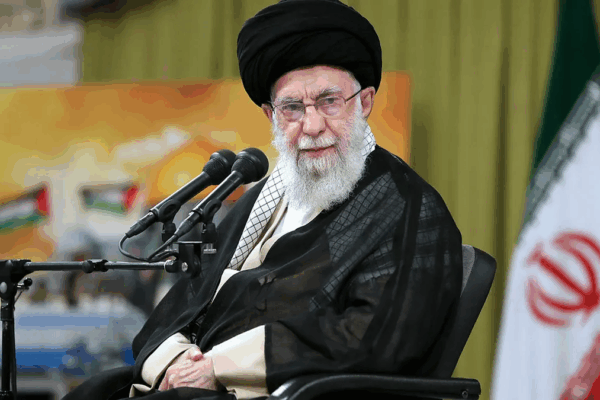
Norway’s Largest Pension Fund Divests from U.S. German Firms Over Sales to Israeli Military
Norway’s biggest public pension fund, KLP, has announced it is divesting from two major international companies—Oshkosh Corporation of the United States and Germany’s ThyssenKrupp—due to their sales of military equipment to the Israeli army, which may be used in the ongoing conflict in Gaza. In a statement released Monday, Kiran Aziz, Head of Responsible Investments at KLP Kapitalforvaltning, said the fund made the decision after reviewing UN reports indicating both companies were supplying weapons or equipment potentially involved in hostilities in the Gaza Strip. “Our conclusion is that the companies Oshkosh and ThyssenKrupp are contravening our responsible investment guidelines,” Aziz stated, adding, “We have therefore decided to exclude them from our investment universe.” According to KLP, it held $1.8 million in Oshkosh and nearly $1 million in ThyssenKrupp shares until June 2025. The fund manages about $114 billion in assets and provides pensions to nearly 900,000 Norwegians, mostly municipal workers. Warships and Vehicles KLP’s engagement with the two companies revealed that Oshkosh had confirmed ongoing sales of military vehicles and parts to Israel. ThyssenKrupp acknowledged a long-standing relationship with the Israeli military, having delivered four Sa’ar 6 warships between 2020 and 2021 and preparing to supply a submarine later this year. The fund noted that both companies failed to show sufficient due diligence in ensuring their products were not being used in violations of humanitarian law, a core requirement under KLP’s ethical investment policy. Track Record of Ethical Divestment KLP’s latest move continues a trend of ethical divestment. In 2021, the fund pulled out of 16 companies, including Motorola, over ties to Israeli settlements in the occupied West Bank, citing “an unacceptable risk” of contributing to human rights abuses. That same year, it also divested from India’s Adani Ports due to links with Myanmar’s military and, in 2023, from U.S.-based Caterpillar, whose modified bulldozers are widely used in demolitions within Palestinian territories. In May 2025, Norway’s sovereign wealth fund also cut ties with Israeli firm Paz Retail and Energy for its role in supplying infrastructure to illegal settlements, followed by a complete sell-off of shares in Bezeq in December 2024 for similar reasons. Other European funds, including Denmark’s largest pension fund and the UK’s Universities Superannuation Scheme (USS), have also reduced or eliminated investments linked to Israeli military actions or settlement activities, marking a growing shift in institutional investment strategies amid international scrutiny. KLP emphasized its commitment to human rights compliance and responsible finance, calling on all corporations to conduct thorough due diligence to avoid complicity in war and occupation-related violations.



